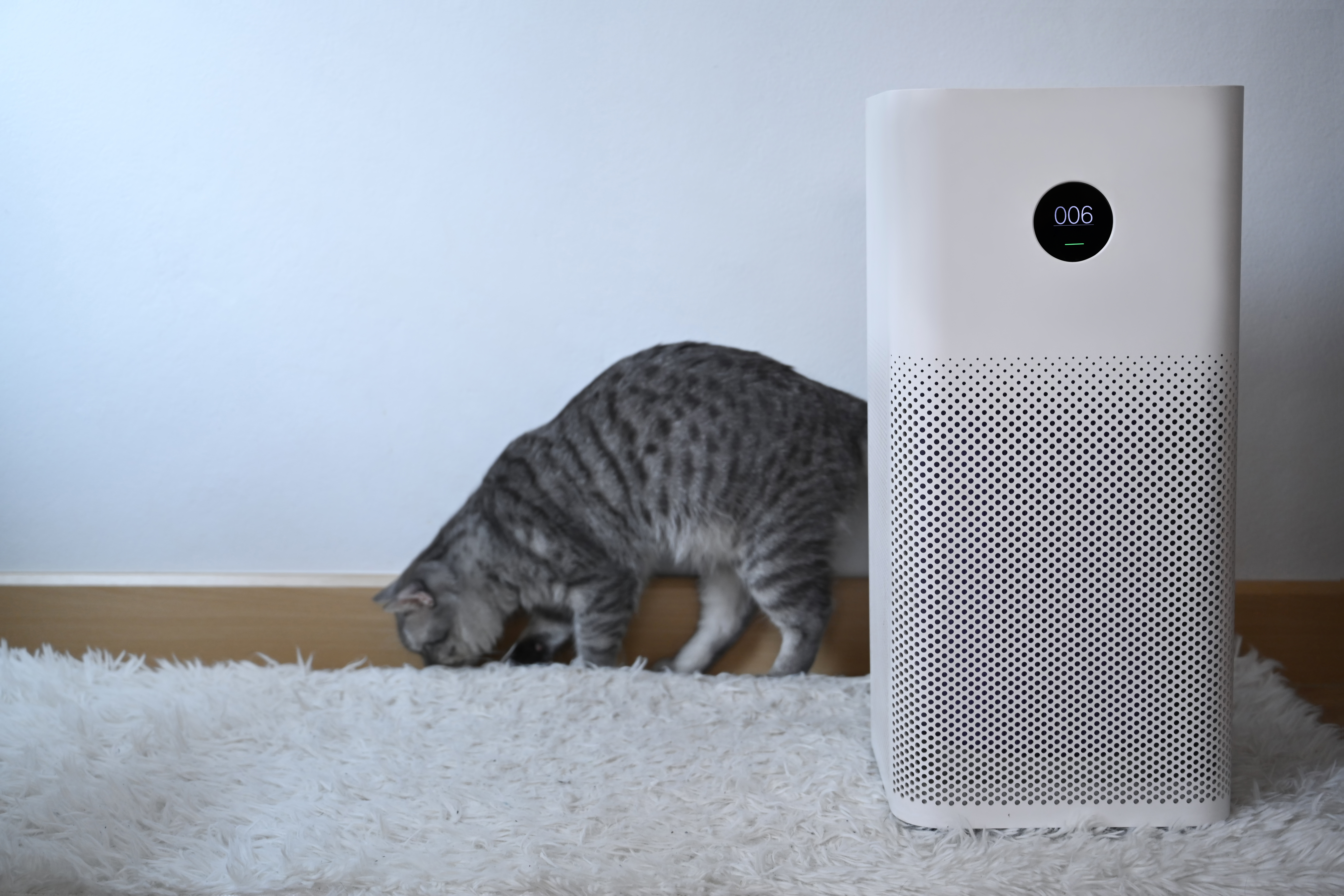As a homeowner in Cape Coral, understanding the importance of indoor air quality is essential for maintaining a healthy and comfortable living environment. Poor air quality can lead to numerous health issues, including allergies, asthma, and other respiratory problems.
With that in mind, Island Aire Of Southwest Florida Inc. is here to equip you with effective strategies and technologies to enhance the air quality within your home. From understanding the key pollutants that compromise your indoor air to employing the best testing methods and solutions, we cover all the critical aspects you need to know.
Understanding the Importance of Indoor Air Quality Testing
Testing indoor air quality is an essential step in identifying and mitigating harmful pollutants lurking within our homes. Many common indoor air contaminants, such as volatile organic compounds (VOCs), mold spores, and allergens, can negatively impact the health and comfort of occupants.
Prolonged exposure to these pollutants may lead to allergic reactions, respiratory issues, and other health problems. By conducting regular IAQ tests, homeowners can effectively monitor their living environment’s air quality and take necessary action to address potential issues and improve overall home comfort.
Common Indoor Air Pollutants
To optimally address indoor air quality concerns, it’s crucial to be aware of the primary air pollutants commonly found within homes. Some of the most prevalent pollutants include:
- Volatile Organic Compounds (VOCs): VOCs are chemicals emitted as gases from certain solids or liquids, such as paint, cleaning products, and building materials. Exposure to high levels of VOCs can cause health effects ranging from headaches to respiratory symptoms.
- Mold and Mildew: High humidity levels, water leaks, and inadequate ventilation can create an ideal environment for mold and mildew growth. These pollutants can trigger allergic reactions, exacerbate asthma symptoms, and lead to other respiratory problems.
- Allergens: Dust mites, pet dander, and pollen are common allergens present in indoor air. Exposure to these allergens can contribute to asthma exacerbation, allergic rhinitis, and other allergy-related symptoms.
- Combustion Byproducts: Appliances that rely on combustion, such as furnaces, stoves, and fireplaces, can emit harmful pollutants like carbon monoxide (CO) and nitrogen dioxide (NO2) into the indoor air when not adequately ventilated or maintained.
Indoor Air Quality Testing Methods
There are several methods for testing indoor air quality, with some approaches focused on specific pollutants and others offering a more comprehensive analysis. Some of the most common IAQ testing methods include:
- Air Sampling: Air sampling tests involve collecting air samples from multiple locations within the home using specialized equipment. These samples are then analyzed in a laboratory to identify and quantify the levels of specific pollutants, such as VOCs, mold spores, or allergens.
- Continuous Monitors: Continuous monitoring devices, such as carbon monoxide (CO) alarms and particulate matter sensors, can provide real-time data on specific pollutants, alerting homeowners to unsafe levels and prompting immediate action.
- Home Inspection and Occupant Survey: A comprehensive indoor air quality assessment may involve a visual inspection of the home, focusing on factors such as ventilation, moisture, and pollutant sources. In addition, homeowners can complete an occupant survey to help identify any specific IAQ-related health concerns or complaints.
Solutions for Improving Indoor Air Quality
Once you’ve identified any indoor air quality issues with testing, it’s crucial to implement effective solutions to address these concerns and create a healthier living environment. Some strategies for improving IAQ include:
- Proper Ventilation: Ensuring your home is adequately ventilated is essential for maintaining good indoor air quality. Proper ventilation dilutes indoor air pollutants by introducing fresh outdoor air and expelling stale indoor air. Solutions may include installing and regularly maintaining exhaust fans in bathrooms and kitchens, or investing in a whole-house ventilation system.
- Air Purifiers: Air purifiers are an effective tool for reducing the levels of specific pollutants within the home. They work by using filters, such as HEPA filters and activated carbon filters, to capture and remove pollutants like allergens, mold spores, and VOCs from the air.
- Humidity Control: Maintaining proper humidity levels (ideally between 30% and 50%) can prevent the growth of mold and mildew, reducing the risk of health issues associated with these contaminants. Homeowners can achieve optimal humidity levels by using dehumidifiers, humidifiers, or proper ventilation.
- Regular HVAC Maintenance: Maintaining your heating, ventilation, and air conditioning (HVAC) system is crucial for preserving indoor air quality. Regular maintenance tasks may include cleaning and replacing filters, inspecting and sealing ductwork, and ensuring proper system functionality.
- Source Control: Identifying and removing or reducing the sources of indoor air pollutants can significantly improve IAQ. Source control measures may include selecting low-VOC paints and cleaning products, promptly addressing water leaks and moisture issues, and ensuring the proper functioning of combustion appliances.
The Role of HVAC in Indoor Air Quality
Your HVAC system plays a critical role in maintaining good indoor air quality by circulating and filtering air throughout your home. A well-maintained HVAC system can efficiently remove pollutants like dust, allergens, and mold spores from the air, contributing to a healthier and more comfortable living environment.
Achieve Optimal IAQ with Professional HVAC Services
For expert assistance with HVAC maintenance, air quality testing, and IAQ improvement solutions, rely on our team of skilled professionals at Island Aire Of Southwest Florida Inc. We are committed to providing exceptional service and expertise for homeowners seeking to optimize their indoor air quality.
Contact our HVAC contractors in Naples, FL, today to schedule an appointment or to inquire about how we can help improve your home’s air quality. Take control of your indoor environment and enjoy the benefits of a cleaner, healthier home!







